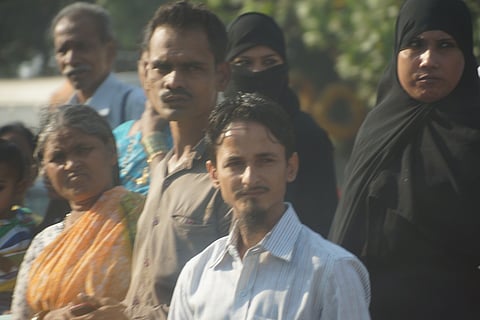
- News
- Columns
- Interviews
- Law Firms
- Apprentice Lawyer
- Legal Jobs
- हिंदी
- ಕನ್ನಡ

Seven months after it struck down the practice of Triple Talaq, the Supreme Court today issued notice in a batch of petitions challenging the Islamic practices of Polygamy, Nikah Halala, Nikah Mutah and Nikah Misyar.